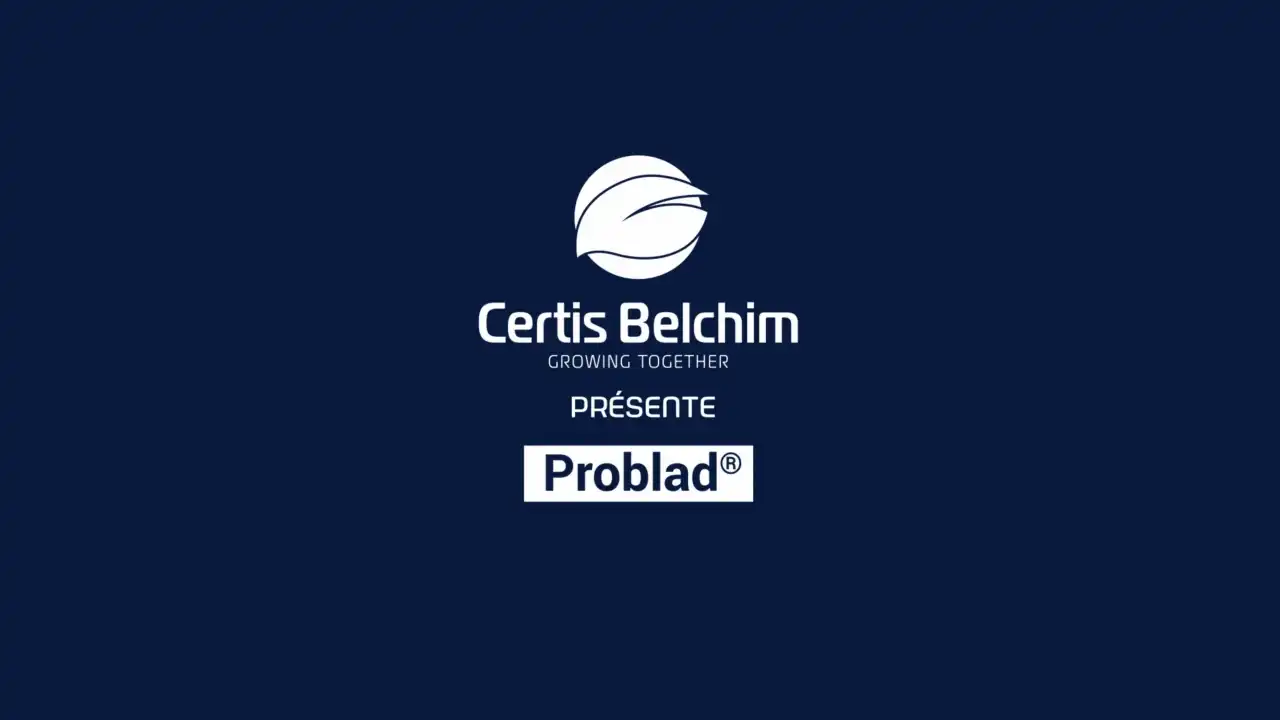SIVAL d'Or: Certis Belchim presents Problad®.

Problad® is an innovative fungicide effective in controlling powdery mildew and botrytis on vines and vegetable crops (tomatoes and strawberries), moniliosis on fruit crops (stone fruits) and rice blast.
Issu de la recherche européenne (Université de Lisbonne), son mode d’action est démontré (publications dans PLoS ONE, Frontiers in Microbiology notamment) et est unique parmi les produits actuellement disponibles sur le marché. A l’intérieur des cellules fongiques, Problad® agit par chélation des cations divalents, cofacteurs de la fabrication des enzymes dans les cellules. L’inactivation de ces enzymes bloque le métabolisme cellulaire, ce qui aboutit à la mort du champignon. Il s’agit par ailleurs d’un mode d’action multisite car de nombreuses voies métaboliques sont ainsi ...
Problad® is an innovative fungicide effective in controlling powdery mildew and botrytis on vines and vegetable crops (tomatoes and strawberries), moniliosis on fruit crops (stone fruits) and rice blast.
Resulting from European research (University of Lisbon), its mode of action has been demonstrated (publications in PLoS ONE, Frontiers in Microbiology in particular) and is unique among products currently available on the market. Inside fungal cells, Problad® acts by chelating divalent cations, cofactors in enzyme production within the cells. Inactivation of these enzymes blocks cell metabolism, leading to the death of the fungus. It is also a multisite mode of action, as numerous metabolic pathways are prevented.
Extensive laboratory and field experience has been gained with this product, thanks to extensive testing programs carried out over many years throughout Europe, demonstrating both its performance and its suitability for use.
Problad®, designed and manufactured in Europe (Portugal), joins the list of rare plant-derived fungicide solutions (aqueous extract of germinated sweet Lupinus albus seeds) and boasts highly favorable toxicological and ecotoxicological characteristics: a biocontrol product, it is not classified, can be used in organic farming, has a short re-entry and pre-harvest interval. It is also MRL-free and highly selective on crops.